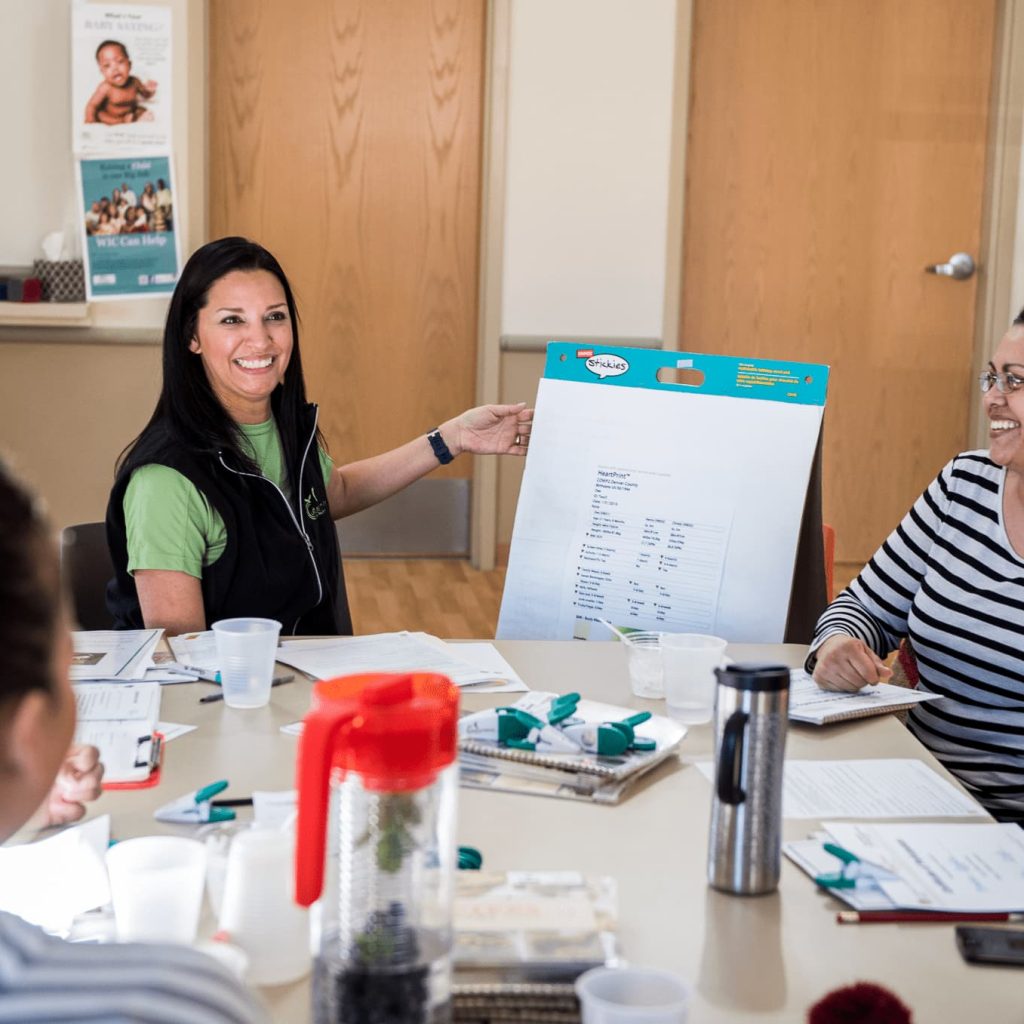Parental wellness activities are vital for fostering a supportive environment for caregivers, especially those managing the needs of children with activity limitations. This article will delve into 7 essential parental wellness activities in schools, focusing on their importance and implementation strategies.
Understanding Parental Wellness Activities:
Parental wellness activities encompass a range of practices designed to improve the mental, emotional, and physical health of caregivers. These activities are crucial in creating a balanced home environment where both parents and children can thrive.

Why Focus on Wellness Activities for Parents?
The well-being of parental caregivers directly influences the health and happiness of children. Engaging in wellness activities provides numerous benefits:
- Stress Relief: Parents who participate in wellness activities report lower stress levels.
- Enhanced Family Dynamics: These activities promote better communication and relationships within families.
- Role Modeling Healthy Behaviors: When parents prioritize their well-being, they set a positive example for their children.

7 Essential Parental Wellness Activities in Schools:

1. Mindfulness Workshops:
Schools can organize mindfulness workshops to teach parents techniques such as meditation and deep breathing. These practices help reduce anxiety and promote relaxation.
2. Physical Fitness Programs:
Implementing regular physical fitness programs, like yoga for parents or aerobics classes, encourages parents to stay active while fostering a sense of community.
3. Support Groups:
Creating support groups within schools allows parents to share experiences and challenges, providing emotional support and building connections.
4. Nutrition Education Sessions:
Offering nutrition education can empower parents to make healthier food choices for themselves and their families, promoting overall wellness.
5. Family Exercise Events:
Organizing family-oriented exercise events, such as fun runs or sports days, encourages physical activity while strengthening family bonds.
6. Mental Health Resources:
Providing access to mental health resources, including counseling services or workshops on coping strategies, supports the emotional well-being of parents.
7. Community Engagement Activities:
Encouraging parents to participate in community service or engagement activities not only enhances their social connections but also fosters a sense of purpose.
Addressing the Needs of Caregivers with Children Having Activity Limitations:
For caregivers managing the needs of children with activity limitations, tailored wellness activities are essential:
- Adaptive Sports Programs: Schools can offer adaptive sports programs that include all children, allowing families to engage together.
- Workshops on Specific Challenges: Hosting workshops that address the unique challenges faced by these families can provide valuable insights and support.
Conclusion
Incorporating parental wellness activities in schools is crucial for enhancing the well-being of caregivers. By prioritizing these initiatives, schools create a nurturing environment that supports both parents and children. These activities foster a sense of community and shared responsibility among families, ultimately benefiting everyone involved. By focusing on the well-being of parental caregivers through structured wellness activities, schools can play a pivotal role in creating healthier family dynamics and promoting a supportive atmosphere that extends beyond the classroom.
FAQS:
What activities are good for wellness?
Activities like yoga, meditation, regular exercise, nature walks, journaling, and healthy cooking promote physical and mental wellness. Engaging in hobbies, maintaining social connections, and ensuring adequate rest are also beneficial for overall well-being.
How to help parents be better parents?
Providing emotional support, parenting workshops, access to resources, and tips on effective communication can help parents. Encouraging self-care and fostering a positive parenting mindset are also key to improving their parenting skills.
What are the 7 rules for parents?
- Be consistent with rules and discipline.
- Communicate openly and actively listen.
- Model the behavior you expect.
- Encourage independence while offering guidance.
- Prioritize quality family time.
- Set realistic expectations.
- Practice patience and empathy.
What is parental well-being?
Parental well-being refers to the physical, emotional, and mental health of parents. It includes managing stress, maintaining balance in personal and family life, and fostering a positive outlook to support both themselves and their children effectively.
External Resources:
Edurio – Free Resources to Improve Pupil Wellbeing
This article presents five free resources designed to enhance pupil wellbeing in schools, focusing on emotional, social, and psychological needs.
Check out the resources here

Empowering parents to raise happy, confident kids. Get practical parenting tips and advice on our blog, Smart Parent Guides.
